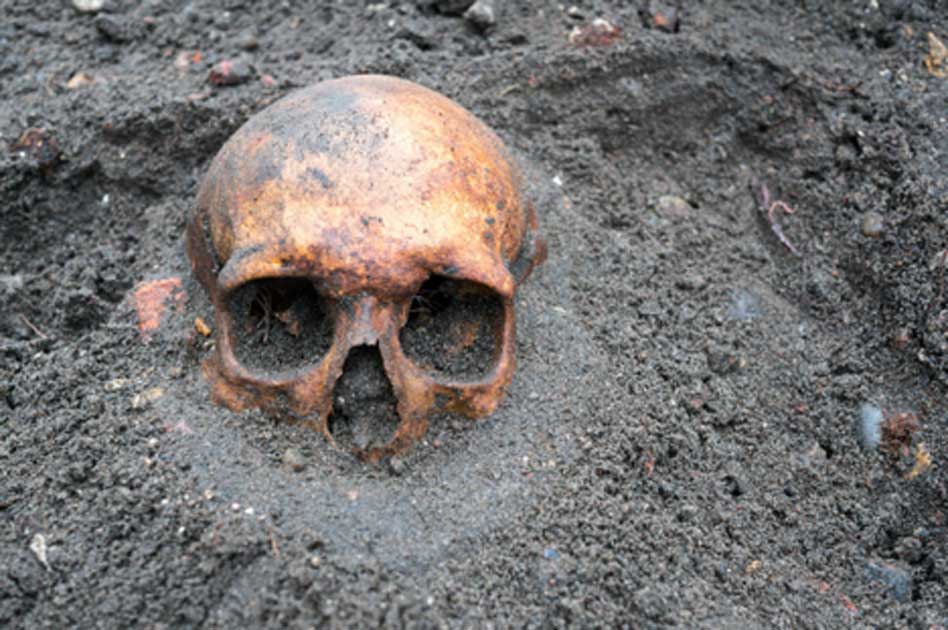300,000-Year-Old Human Fossils Found in Morocco Challenge Our Understanding of Evolution
In a groundbreaking discovery, human fossils dating back 300,000 years have been unearthed in Morocco, shaking the foundations of our understanding of human evolution. These remarkable findings have pushed back the timeline of early human existence by a staggering 100,000 years, surpassing the previously oldest known human remains found in Ethiopia. This discovery has profound implications for our comprehension of the origins and evolution of our species.
The discovery was made in the Jebel Irhoud region of Morocco, where researchers uncovered a trove of human fossils, including skull fragments, teeth, and other bone fragments. The fossils, attributed to early Homo sapiens, have challenged existing theories about the emergence and dispersal of modern humans.
Prior to this discovery, it was widely believed that the earliest Homo sapiens emerged around 200,000 years ago in East Africa. The Moroccan fossils have forced a significant revision of this timeline, suggesting that our species may have appeared much earlier than previously thought.
The discovery in Morocco lends support to the “Out-of-Africa” theory, which posits that Homo sapiens originated in Africa and eventually spread to other parts of the world. These ancient fossils provide evidence of an early African origin for our species.
The presence of early Homo sapiens in Morocco alongside other hominin species challenges the linear narrative of human evolution. It suggests a more complex and interconnected pattern of human evolution and migration.
The fossils from Morocco suggest that early Homo sapiens were capable of adapting to a variety of environments, from the savannas of East Africa to the more temperate regions of North Africa. This adaptability may have played a crucial role in the species’ survival and success.
The coexistence of early Homo sapiens with other hominins in Africa raises questions about cultural and technological exchanges among different human groups. This could have significant implications for our understanding of early human societies and their development.
The discovery of 300,000-year-old human fossils in Morocco represents a watershed moment in the field of paleoanthropology. These findings challenge long-held beliefs about the timeline and geographic origins of our species, highlighting the need for a more nuanced and complex understanding of human evolution. As researchers continue to analyze and interpret these ancient remains, they are likely to uncover further insights into the remarkable journey of Homo sapiens and the intricate tapestry of our evolutionary history.
Hits: 20






